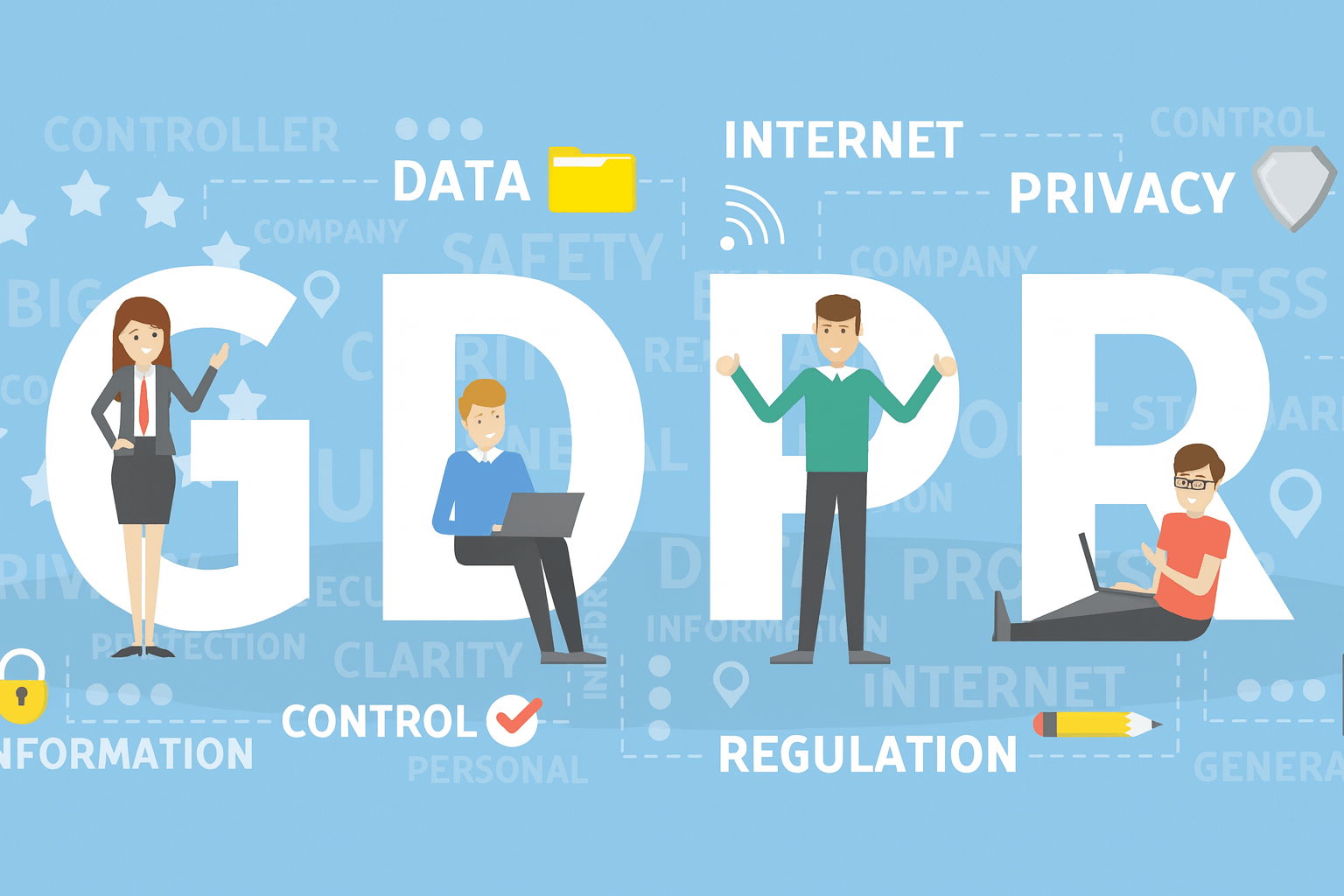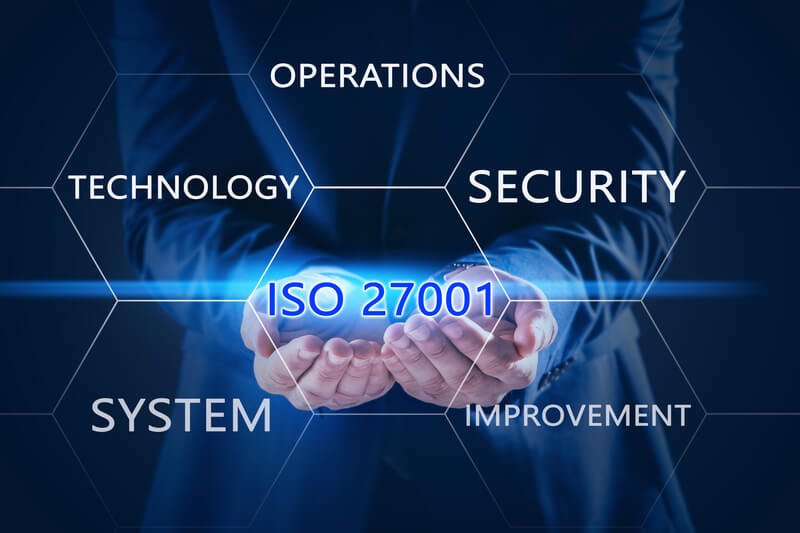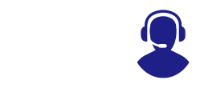Scalable Infrastructure Across Service Channels
The foundation of effective debt collection lies in a service infrastructure that is flexible enough to scale across various financial pipelines. Each client organization operates within distinct industries, requiring service models that are neither static nor one-size-fits-all. To optimize these processes, leaders are integrating cloud-native applications with omnichannel response systems that align with industry-specific touchpoints.
A robust infrastructure must enable a consistent flow of account handling, regardless of volume. In high-volume industries like healthcare or eCommerce, where debt cycles fluctuate with economic factors, a responsive framework can adjust in real time. Meanwhile, financial service providers must accommodate a more personalized but equally scalable solution to manage recurring receivables.
BPOManila, for example, has built its frameworks around elasticity, allowing small debt portfolios and large national accounts to receive the same level of structured attention. Integrating automation into these frameworks has further enabled real-time reporting, reducing gaps in collection timelines and improving transparency for enterprise clients.
Ultimately, this infrastructure is only as effective as the data architecture that supports it. Structured data ingestion from CRMs, ERPs, and custom-built APIs ensures that the infrastructure evolves with the needs of each service pipeline.
Industry Configurations in Recovery Architecture
The adaptability of a debt collection system is heavily influenced by the industry it serves. Each financial pipeline carries different risk profiles, collection regulations, and data privacy constraints. What works in telecommunications, where microtransactions and high turnover demand speed, will not function in real estate, where the recovery cycles span months or years.
Debt collection frameworks are now configured with dynamic rulesets based on industries such as FinTech, healthcare, education, and government. These rulesets inform everything from customer tone to legal compliance parameters. FinTech, for instance, prioritizes rapid digital collection with minimal human escalation, while healthcare focuses on patient-first communication governed by HIPAA compliance.
BPOManila deploys industry-specific recovery protocols that are built into its platform logic. From onboarding to segmentation, agents are equipped with scripts, workflows, and audit trails tailored to each sector. This customized recovery architecture allows collection teams to mitigate risks, improve contact rates, and preserve customer goodwill, even in default situations.
Industries are also leveraging feedback loops within these configurations. Analytics from previous recovery cycles help optimize the contact cadence, repayment methods, and settlement offers, reducing friction with debtors and maximizing return.
Workflow Synchronization with Predictive Triggers
A key advancement in debt collection strategy is the use of predictive analytics to align workflows with debtor behavior. Rather than reacting to missed payments, advanced systems anticipate collection needs based on behavioral patterns and external data triggers. These include credit score fluctuations, purchase activity, and seasonal payment behaviors.
Synchronizing workflows with predictive intelligence improves timing, which is a critical factor in recovery success. A well-timed outreach often determines whether a repayment will be made voluntarily or escalate into legal proceedings. This proactive approach increases efficiency and significantly reduces the average days sales outstanding (DSO).
In operational terms, this involves integrating machine learning models into collection CRMs. These models generate decision trees that prioritize accounts by likelihood of repayment, contact method success rate, and preferred repayment structure. BPOManila, for instance, utilizes AI-generated scoring to schedule agent touchpoints and auto-dialer sequences for maximum impact.
By embedding predictive triggers into workflow automation, agents can shift from reactive roles to strategic roles, focusing more on negotiation and less on administration.
Regulatory Layers and Data Stewardship
Debt collection frameworks must operate under increasingly complex regulatory landscapes. Compliance across jurisdictions, whether state, national, or international, requires frameworks that can adapt without sacrificing efficiency.
Key compliance considerations include consumer rights laws, fair debt collection practices, and industry-specific data security policies. In sectors like education or healthcare, consent protocols and identity verification are critical at every step. Global frameworks must also accommodate GDPR and other cross-border data rules.
To address this, modern systems implement multi-layered compliance architectures. These layers include automated consent tracking, real-time audit logs, and agent scripting controls to ensure that every contact complies with local regulations.
Data stewardship is equally critical. Recovery frameworks must ensure that all financial, personal, and behavioral data is encrypted and stored securely. Partnering with providers like BPOManila offers the advantage of certified compliance with international standards like ISO 27001 and PCI DSS, ensuring that data integrity is never compromised.
As data becomes the core of recovery workflows, transparency with clients and consumers becomes non-negotiable. Systems must offer both dashboards for internal auditing and customer-facing portals that enable real-time dispute resolution.
Intelligence Mapping in Revenue Optimization
Beyond recovery itself, the evolution of debt collection frameworks has shifted toward intelligence mapping to support broader revenue cycle strategies. Instead of viewing collections as a back-end fix, organizations now integrate collection insights into front-end decisions.
This intelligence-driven model maps the entire lifecycle of customer credit, from qualification to post-default recovery. It allows financial leaders to understand what types of customers default, under what conditions, and how to proactively adjust credit policies.
BPOManila helps clients visualize this intelligence through embedded analytics. Dashboards capture repayment trends, dispute patterns, and touchpoint performance metrics. This visual intelligence allows clients to adjust billing cycles, offer dynamic repayment plans, and improve customer segmentation.
Furthermore, predictive revenue modeling gives clients a forward view of cash flow potential based on existing recovery activity. When paired with CRM or ERP tools, this framework supports more agile financial planning.
Intelligence mapping ensures that collections are no longer siloed but integral to business strategy. This integration improves customer experience, enhances financial accuracy, and ultimately strengthens client trust in outsourced collection partnerships.
Omnichannel Deployment Across Account Tiers
Modern recovery frameworks are defined by their ability to engage across platforms. Omnichannel deployment allows agents to contact debtors via voice, SMS, email, live chat, and mobile app, offering flexibility based on account tier and consumer preference.
 High-touch accounts, such as B2B debt or institutional loans, still benefit from agent-driven conversations, while low-value accounts perform better with digital-first sequences. An omnichannel strategy bridges these needs without requiring parallel infrastructures.
High-touch accounts, such as B2B debt or institutional loans, still benefit from agent-driven conversations, while low-value accounts perform better with digital-first sequences. An omnichannel strategy bridges these needs without requiring parallel infrastructures.
Using smart routing, BPOManila assigns communication channels based on the debtor’s payment history, engagement behavior, and device usage. For example, missed payments from a Gen Z borrower may trigger an in-app push notification, while a corporate client might receive a formal letter followed by a scheduled call.
This fluid engagement model improves reach rates and maintains rapport. Additionally, omnichannel tracking ensures that all interactions are logged, giving agents a comprehensive view of account status regardless of channel.
The result is a seamless recovery experience that meets clients’ need for performance while respecting debtor behavior and privacy.
Reach Out to Us
Debt collection is no longer a rigid, one-size-fits-all system. Whether you’re in FinTech, healthcare, retail, or education, your business requires a recovery solution that adapts to your pipeline, compliance standards, and customer profile.
BPOManila offers custom debt collection frameworks built for today’s diverse financial landscapes. Backed by automation, analytics, and industry-specific expertise, our services are designed to recover revenue while protecting your brand and customer relationships.
Let us help you optimize your financial recovery strategy. Reach out to us today.

